Free Palestine: ICJ ruling recognizes the colonial nature of Zionist entity
By Xavier Villar
The International Court of Justice (ICJ), one of the six organs of the United Nations, has declared that Israel's presence in the occupied Palestinian territories is illegal and must end "as soon as possible."
On Friday, ICJ President Nawaf Salam presented the non-binding advisory opinion of a panel of 15 judges regarding the Israeli occupation of Palestine, which was covered widely by the media.
The advisory opinion details a series of Israeli policies that, according to the court, violate international law. These include the construction and expansion of settlements in the occupied West Bank and East Jerusalem, the exploitation of natural resources, the annexation and prolonged control of lands, and discriminatory practices against Palestinians.
The top UN court concluded that Israel has no right to exercise sovereignty over these territories, emphasizing that the entity is violating international laws that prohibit the acquisition of land by force and obstructing the Palestinians' right to self-determination.
"The construction of Israeli settlements in the West Bank and East Jerusalem, as well as the regime associated with them, has been established and maintained in violation of international law," it stated.
Palestinian Foreign Minister Riyad Maliki described the ruling as a "decisive moment for Palestine, justice, and international law" in a statement to the media in The Hague.
Maliki praised the ICJ's decision, highlighting that "the Court has fulfilled its legal and moral duties with this historic ruling." He also urged states to meet their obligations and avoid any form of support for the Israeli occupation, including assistance, trade, and arms.
In response, the Israeli foreign ministry dismissed the resolution, calling it "fundamentally incorrect and biased." Benjamin Netanyahu’s office issued a statement calling the ruling a "decision based on lies" that distorts reality, asserting that "the Jewish people are not occupiers in their own land."
From a political perspective, Zionism, like other colonial projects, needs to justify its purpose in terms of civilization. In this context, one can recall Theodor Herzl, the Austro-Hungarian founder of the racist Zionist movement, who in 1896 described the future colony as “a bastion of Europe against Asia, an advanced outpost of civilization against barbarism.”
Hammer blow to Israel: ICJ ruling against Israel mandates Palestinian return to 1967 lands pic.twitter.com/J2ihdrY1pX
— Press TV 🔻 (@PressTV) July 20, 2024
In 1936, Chaim Weizmann, leader of the Zionist Organization, described the Palestinians as “the forces of destruction, the forces of the desert” and Jewish settlers as “the forces of civilization and construction.” This civilizational justification reveals that, from its inception, the Zionist entity has framed its narrative in colonial terms, seeking to eliminate the native Palestinians.
Historian Patrick Wolfe notes that “settler colonies are based (and were based) on the elimination of native societies... Colonizers come to stay: the invasion is more than an event, it is a structure.” In practice, Israeli colonialism manifests through various mechanisms designed to consolidate faits accomplis, such as the construction of settlements, economic colonization, and military occupation. These mechanisms aim to justify the administrative and legal annexation of Palestinian territories.
For this reason, Palestine can be considered a “laboratory for global processes of domination and dispossession.” From its foundation and even before, a colonial logic was established. Despite Zionist attempts to present the country as uninhabited, Palestine had, and still has, a native population.
The project to eliminate the native population was present from the very beginning. Between November 30, 1947, and May 14, 1948, more than 400,000 Palestinians were displaced from their homes and rendered homeless. In December 1948, another 350,000 suffered the same fate.
In 1947, the then-Israeli premier explicitly stated that the goal of Zionism was to “conquer the country, in its entirety or in large part, and to perpetuate this conquest until a political agreement is reached.”
After the Six-Day War in 1967, Israel continued expanding its occupation into additional Palestinian territories. Israeli settlements were established in areas from which the local population had been expelled, prohibited from returning, and had their properties confiscated, in accordance with Israel’s 1950 Absentee Property Law.
The first settlement, Kfar Etzion, located between occupied Jerusalem and Hebron, marked the beginning of a series of so-called “security settlements.”
These settlements were not intended for agricultural exploitation of the land but for territorial appropriation, and therefore are considered an integral part of settler-colonialism.
According to Article 49, Paragraph 6, of the Fourth Geneva Convention and UN Resolution 242 of November 1967, the creation and expansion of settlements in occupied territories is deemed illegal under international law.
'Pivotal moment': Palestinians hail ICJ decision to call Israeli settlements illegalhttps://t.co/BIipMvsEIq
— Press TV 🔻 (@PressTV) July 19, 2024
Various experts highlight that in addition to the visible signs of this colonization—such as fortified settlements, “outposts,” the separation wall, fences, checkpoints, signs, pervasive military presence, strategic forestation, and destroyed properties—there is an invisible dimension of colonization.
This hidden aspect includes administrative restrictions that limit the exploitation of the land and the free movement of Palestinians, such as a permit regime, “closed” military zones, and “bypass” roads.
The illegal occupation remains ongoing. In 2020, there were at least 132 official Israeli settlements and 124 unofficial “outposts” in the occupied West Bank, housing approximately 427,800 settlers.
These areas include 18 industrial zones, which are integral to the illegitimate Israeli regime’s economic system and clearly exemplify “economic colonization.”
In the occupied Palestinian territories, colonization advances through a planned territorial appropriation in the form of successive “bites.”
Economic colonization complements this strategy, establishing a relationship of domination that paralyzes Palestinian activity and restricts their development, thereby preventing autonomous living.
The International Court of Justice (ICJ) ruling not only asserts the illegality of the Zionist occupation under international law but also goes a step further.
Judge Hilary Charlesworth, in her verdict, stated that “under customary international law, the population in the occupied territory does not owe allegiance to the occupying power, and is not prevented from using force, in accordance with international law, to resist the occupation.”
From a legal perspective, the ruling represents a devastating indictment against Israel.
Concerning Gaza, the Court clarifies that it remains occupied. It also acknowledges the racist regime prevailing in the occupied territories. The ruling explicitly mentions that Israel applies unequal treatment to Palestinians, which cannot be justified by objective criteria or legitimate goals.
In conclusion, the ICJ asserts that the Israeli presence in the occupied Palestinian territories is illegal and that the regime is obligated to end its occupation as soon as possible, including in Gaza.
The ruling thus recognizes the colonial nature of Israel and its racist policies towards native Palestinians.
Xavier Villar is a Ph.D. in Islamic Studies and researcher based in Spain.
(The views expressed in this article do not necessarily reflect those of Press TV)
VIDEO | 'Land of Angels' sweeps 44th Fajr Film Fest. awards
Iran dismisses claims of detainee rights violations as ‘psychological warfare’
VIDEO | The business of humanity
VIDEO | 47th anniversary of Islamic Revolution marked in Russia
Two US Navy ships collide near South America amid Trump buildup
Over 2,000 Britons served in Israeli military during Gaza genocide: Report
Houthi: Iranian, Yemeni revolutions inspire Islamic nation in face of enemy plots
Iran defeating sanctions for decades since Islamic Revolution victory


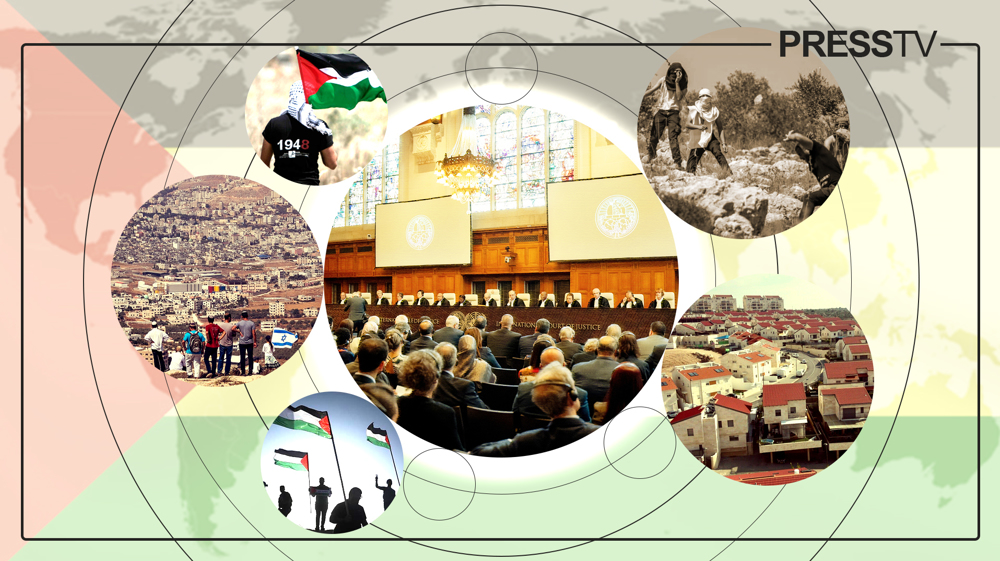

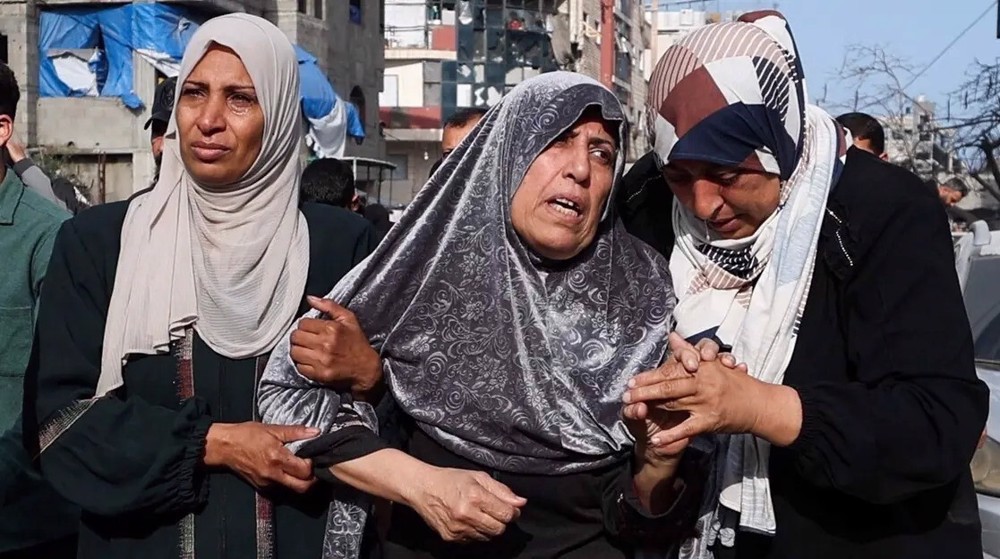
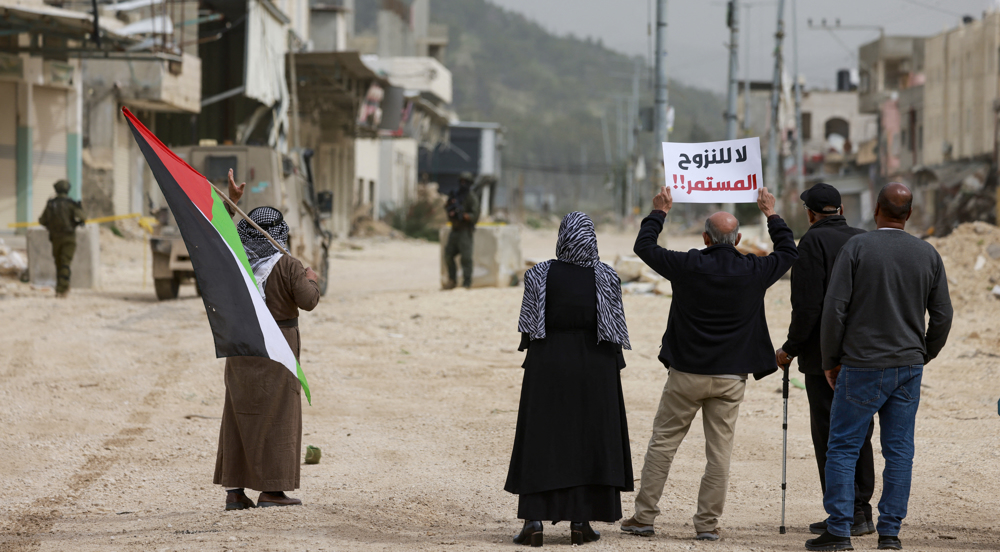



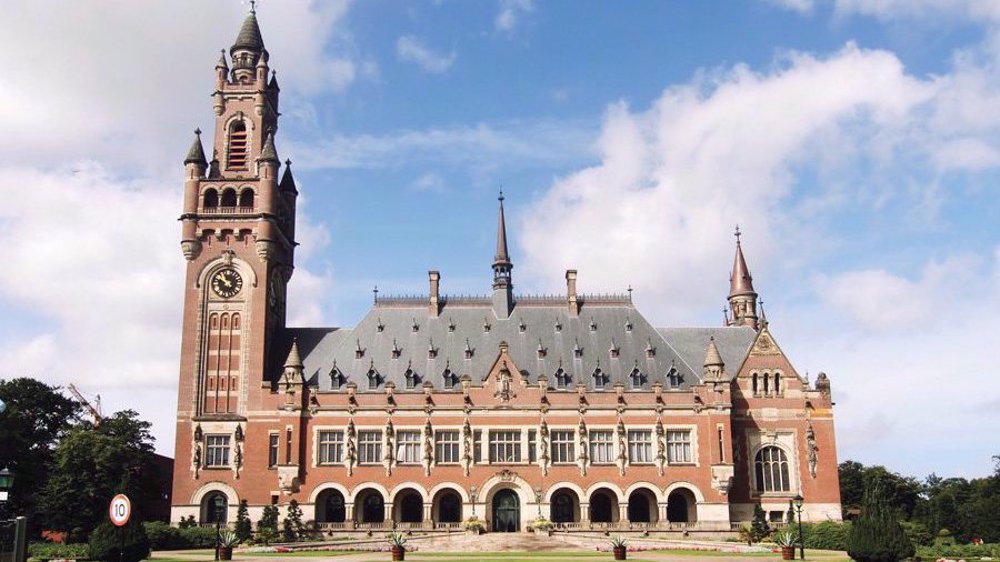
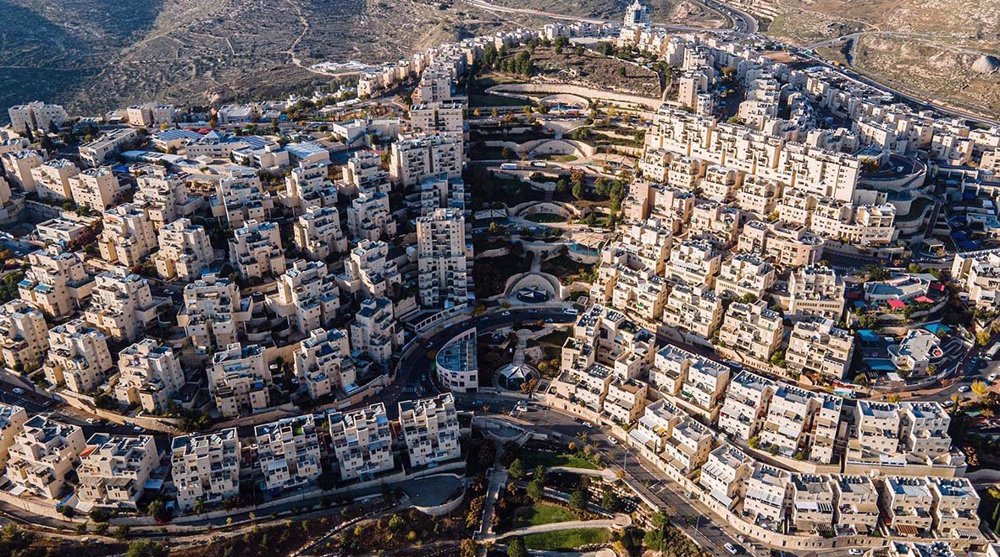
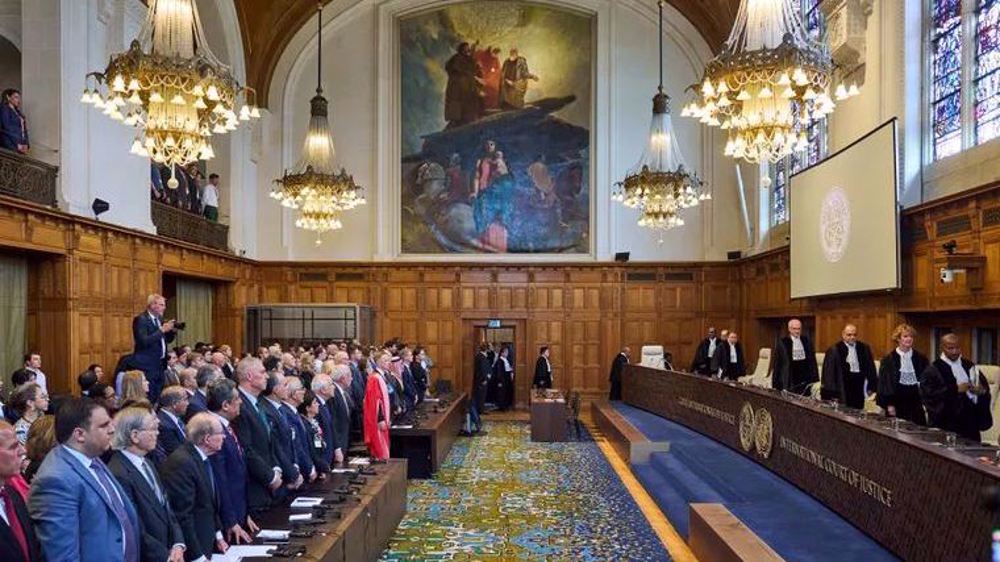

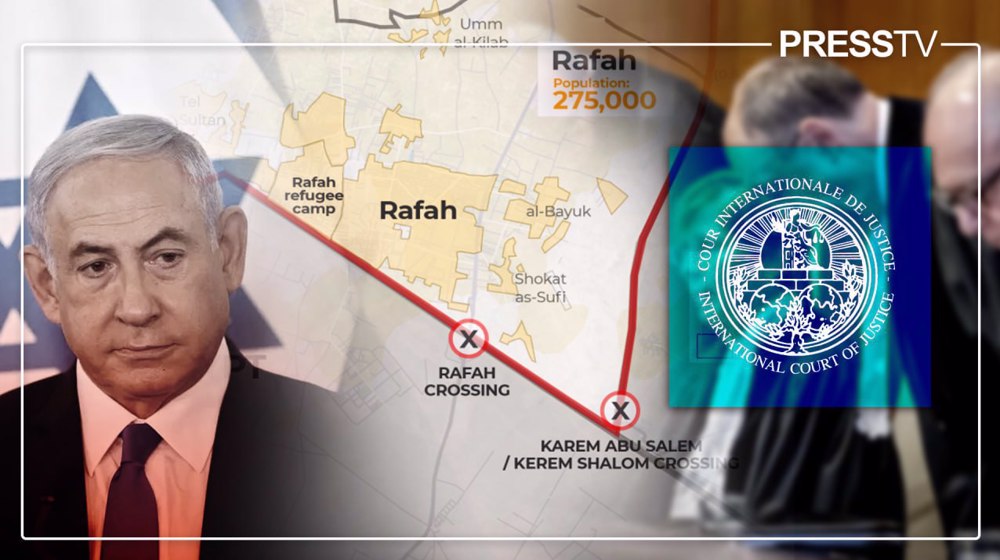

 This makes it easy to access the Press TV website
This makes it easy to access the Press TV website